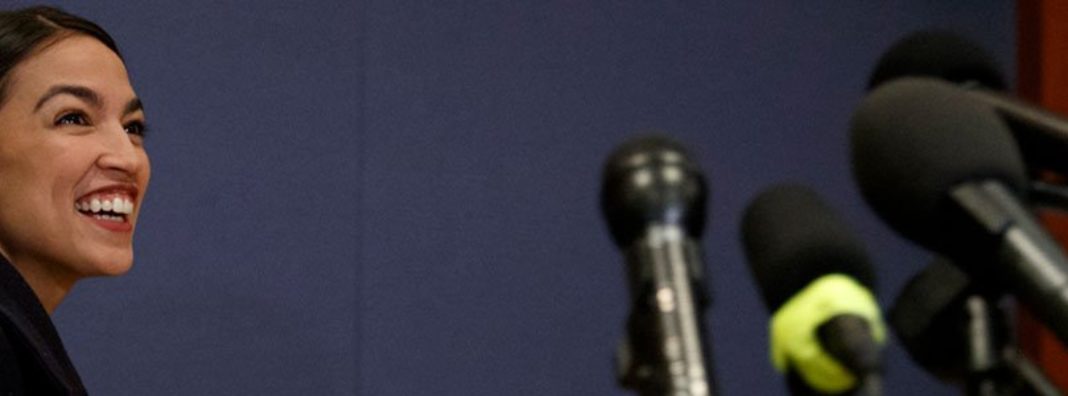
After more than a year of searching and debating, Amazon announced this week that it will split its new headquarters, or “HQ2,” between Queens, New York and D.C.’s Northern Virginia suburbs. Within hours after the announcement, self-described democratic socialist and U.S. Rep.-elect Alexandria Ocasio-Cortez (D-N.Y.) rightly pointed out the obvious: Amazon is a massively wealthy company, so why should it receive millions in tax incentives to locate in specific areas?
Ms. Ocasio-Cortez isn’t alone, and her perspective is by no means unique to Democrats or socialists. The Mercatus Center’s Veronique de Rugy joined her in pointing out that these deals are simply bad economic policy, Americans for Prosperity came out against the HQ2 offers, and Tucker Carlson recently voiced his support for Ocasio-Cortez’s position.
What’s going on here? If individuals with such diverse perspectives can agree that the millions spent by New York and Virginia to lure in Amazon were bad policy, why are these types of deals so common?
It breaks down into a simple political problem of winners and losers, and politicians have a strong incentive to score short-term wins at the risk of long-term losses. While this story is being sold as a huge win for Northern Virginia and Queens, it’s nothing more than Robin Hood in reverse. And when you begin to unpack the numbers, it’s hard to understand why any politician would ever want their name associated with these deals.
Just take a look at some of the literature. You don’t have to be an expert to get the picture.
State and local governments are essentially paying big businesses to come and compete with local employers in the name of “job creation” and “economic development.” A recent paper in the Journal of Entrepreneurship and Public Policy finds that these arrangements are given far more often to large business establishments (with 500 or more employees) than to small business establishments (10 or fewer employees). The deals given to Amazon are just the most recent examples of state governments handing America’s biggest corporations some of the largest subsidies in history.
But it isn’t just the richest and most successful companies that benefit. The data suggest that state and local government spending on economic development deals is linked to widening income inequality. Research published earlier this year in The Review of Regional Studies showed how spending on economic incentives is associated with an increase in the concentration of income for the top 1 percent and top 10 percent income groups. While there’s certainly nothing wrong with being rich, government policies shouldn’t be the cause of it.
To add insult to injury, in the long run, these schemes also result in reduced spending on public goods. From investments in public education to sanitation to utilities, economist Jia Wang has found that when governments give away taxpayer money to attract businesses, they reduce spending on other items. This makes sense, and it also casts doubt on the idea that these subsidies “pay for themselves.” The money promised to the Amazons of the world has the come from somewhere.
Where does this leave Northern Virginia and New York City? Amazon made it clear that direct access to public transportation was chief among its considerations. The D.C. Metro, while promising to get “Back2Good,” is notorious for inconsistency and even has a Twitter handle dedicated to pointing out its shortcomings. The New York subway declared a state of emergency a year ago. With strong evidence for Ocasio-Cortez’s concern that corporate welfare spending will do nothing to alleviate a dire need for local investments, it’s fair to ask whether the company’s presence will help or hurt.
It’s difficult to blame Amazon for taking a few of the sweetheart deals it’s been offered: 238 cities lined up to be the host of HQ2. Amazon is a business tasked with making money, and it’s not their fault that local governments have a strong appetite for bad policy. Instead, we should have an open conversation about how to curb that appetite. One potential solution is to create an interstate compact where all states agree to stop the subsidy arms race.
Rep.-elect Ocasio-Cortez’s outrage about Amazon’s HQ2 race isn’t a partisan issue. These deals ultimately stack the deck against the average person. In a world where it seems like we agree on less and less, eliminating policies this bad should be something we can all get behind.



 Daily Caller
Daily Caller